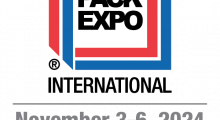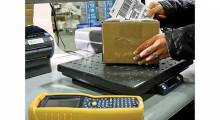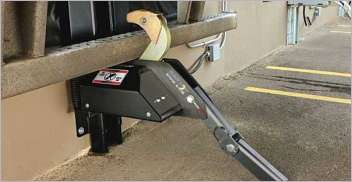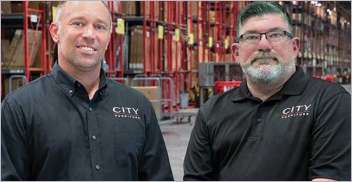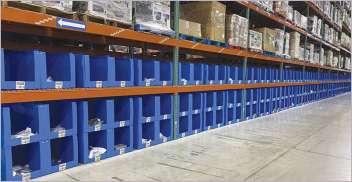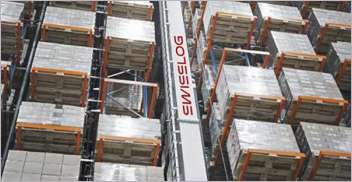In early February, Toyota Industries Corporation (TICO) announced the creation of Toyota Advanced Logistics Solutions (TALS) and the division’s acquisition of its first company, leading systems integrator Bastian Solutions.
Created as a new business division to manage North American logistics solutions, TALS is a response to the changing dynamics in materials handling related to e-commerce, labor cost and productivity requirements. According to a release, these dynamics have created a permanent demand for new forms of logistics solutions beyond forklifts.
Mike Romano was appointed president and CEO of TALS. Romano has 30 years of management experience, including as president and CEO of Associated Integrated Supply Chain Solutions (Associated). Bill Bastian II is expected to remain CEO of Bastian Solutions and Aaron Jones will remain president, with no management changes planned.
TALS will be operated separately from the forklift business, except for coordination in strategic areas as appropriate. TALS is intended to provide a holistic means for a company to evaluate and improve intralogistics operations, according to Romano. In a recent interview, he explained the history of dealer/OEM/integrator interaction and how the creation of TALS reflects the evolution of intralogistics – including the often under-appreciated impact of forklifts on a complete system.
“There have always been attempts to leverage customer relationships forklift dealers have, but sometimes the market looks at them as ‘forklift guys’ who don’t get the credit – even if they have the competencies – for being more than just a forklift dealer,” Romano said. “There are potential synergies to be seized, but Toyota believes TALS is separate from the forklift business. There is a natural progression toward that common ground that will be more fruitful if natural than forced. We expect nothing more than for Bastian to keep doing what they do because they’re on a very positive track. We made a conscious effort to retain all that leadership so it can operate as it has.”
In a separate interview, Bill Bastian said he was excited to explore the synergies in both equipment manufacturing and dealers’ service offerings.
“Look at an individual who can service a lift truck. Those are complex pieces of equipment and those technicians are very bright,” Bastian said. “When we put systems in – like conveyor, shuttle, automated storage and retrieval systems, goods to person solutions – we also require technicians who are skilled with electromechanical controls. Being able to leverage and work with that broad service group will be a big advantage and I don’t think it will be hard for some of those individuals to come across to work on both.”
Bastian noted the natural convergence of technologies as demand increases for automatic guided vehicles (AGV) or lift truck hybrids. Solutions like an order picker forklift that can autonomously return to a dock are already available, but Bastian envisions an increasingly automated future.
“We’ve been developing our own robots, so the opportunity to work with Toyota is great since they’re experts in the forklift production process, and if we can couple that with AGVs, automation and even robot arms in the future, those are tools our customers are looking for,” Bastian said. “We’re doing our best to brainstorm and forecast, between the two companies, to identify and pursue growth areas.”
Although technology will advance rapidly, Bastian emphasized that the companies’ cultural focus on employees and customers is not going anywhere.
“The people of your business are the heartbeat of your success,” he said. “We’ve been in business since 1952, and I give my dad a lot of credit for working hard to make it a family environment. We’ve tried to carry that on so it’s a place people enjoy working. Toyota and Raymond are very much the same, and value that environment and culture with a true desire to help customers. I don’t think that will change.”
Article topics


